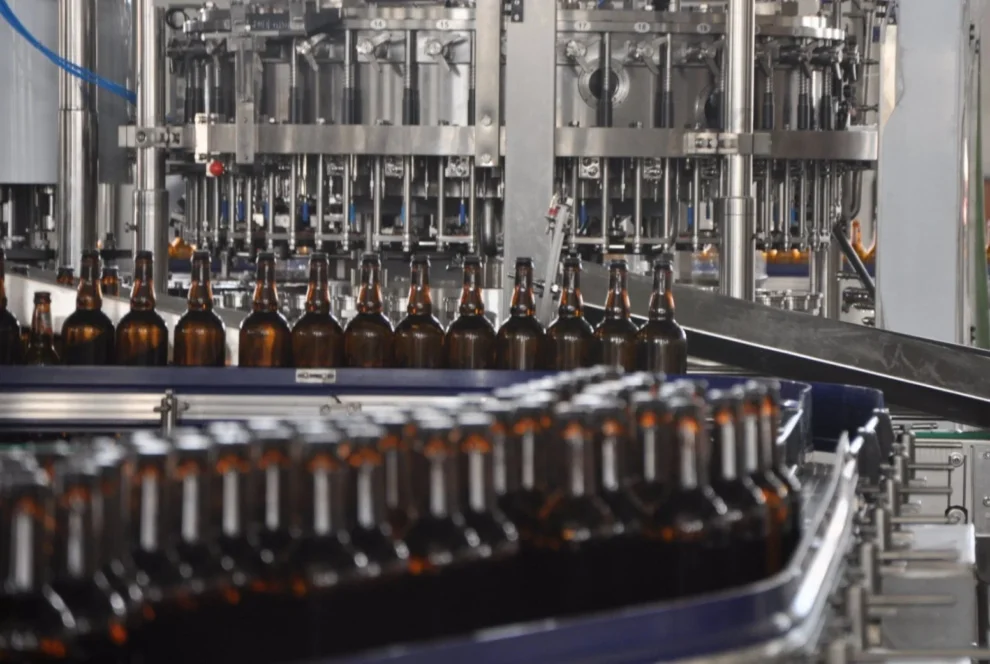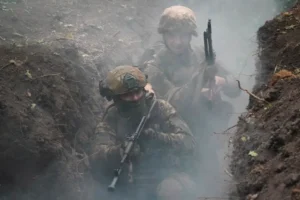British officials negotiating a free trade agreement (FTA) are advocating bottling their whisky ‘in transit’ in a third country for reasons related to cost, logistics, and ‘premium-ness’ of the products, a person aware of the development said.
Negotiations on alcoholic beverages assume significance as India considers opening its vast market to countries such as the UK, Australia, Canada, and the European Union (EU) under the FTA route. India emerged as the world’s largest consumer of scotch whisky—a key UK export—last year.
“The UK side wants, as part of the FTA, what they are calling ‘bottling in transit’. What they mean by that is that the product will be exported from the UK to a third country—it could be some country in the EU—where it will be bottled,” a person aware of the current round of negotiations said on condition of anonymity.
“Bottling can happen in one or two ways. Either they just repack it from a barrel to smaller bottles, or it may even involve dilution and some addition of ingredients. We are discussing their suggestions, and we will see how best we can resolve this,” the person added.
Queries sent to the spokespeople for the ministries of commerce and finance remained unanswered till press time.
Earlier this month, Mint reported that Indian negotiators were considering offering higher tariff concessions for bulk whisky imports than bottled whisky to encourage the import of intermediate products that would also help create jobs in Indian bottling plants and end the long-drawn negotiations on the whisky trade.
However, the Indian liquor industry believes that if India agrees to the UK’s proposal of ‘bottling in transit’, it takes away the incentive to produce in India, which would already come under pressure due to lower tariffs. Currently, India imposes tariffs as high as 150% to discourage imports of alcoholic beverages.
‘Bottling in transit’ provision is of key interest to Britain as the nation is facing a labour shortage post-Brexit, and the preferred place for bottling would be eastern European nations where labour costs would be competitive, unlike in western Europe, according to an expert in free trade talks.
Some of the liquor producers have pioneered ‘bottling in transit’ on account of logistics and cost reasons.
The UK may prefer to do bottling in Europe rather than in India as a way of keeping control over the ‘premium-ness’ of the product. “Premiumness is the name of the game. Value realization depends on it. British whisky producers may not prefer to do bottling in India as it could affect the perception of “premiumness” and could give it a mass-market product’s appearance. Also, for bottling in a third country, the producing nation has to send out labels to that country,” said the person, who spoke on condition of anonymity. This means a producer would prefer to bottle the product in a country where it has a level of comfort about the security of the labelling process.
For India, a major concern around FTAs is the possibility of third countries shipping goods to India via countries that are India’s treaty partners to take advantage of the treaty benefits. Allowing bottling in transit raises worries about third countries taking undue advantage of India’s FTAs.
Experts said it makes sense for both sides to reach a quick resolution. “Since the negotiations on the India UK-FTA have been in progress for quite some time, it is essential now to remove any remaining irritants and move ahead with necessary safeguards in place,” said M.S. Mani, partner, Deloitte India.
“For Geographical Indication or GI products (those known by the place of origin, such as scotch whisky), as long as there is no violation of the GI conditions, it makes no difference. You can bottle it anywhere. In theory, there is no difference in the product for consumers. As far as its impact on the industry is concerned, the investments in India become redundant because firms will start looking for where the lowest cost production can happen,” said Vinod Giri, the director-general of the Confederation of Indian Alcoholic Beverage Companies (CIABC). Giri further added that some of the companies in India depend largely on contracts over here. For them, it will be easy to shift production abroad.
“The whole concept of bottling in India started when duty was high in India. Now with duties going down under FTA, the incentive to bottle in India goes away. So, in some ways, we are doing away with the incentive to invest and produce in India,” Giri added.
A British High Commission spokesperson, in response to Mint’s query, said: “A modern, forward-looking FTA can put us firmly on the path to our shared ambition of doubling India-UK trade by 2030. A trade deal could help Indian exporters gain access to the UK market, including India’s 48 million small and medium enterprises. The UK seeks a deal that slashes tariffs and red tape, helping Indian consumers and businesses easier access to the UK goods they already enjoy.”
Source: Mint











